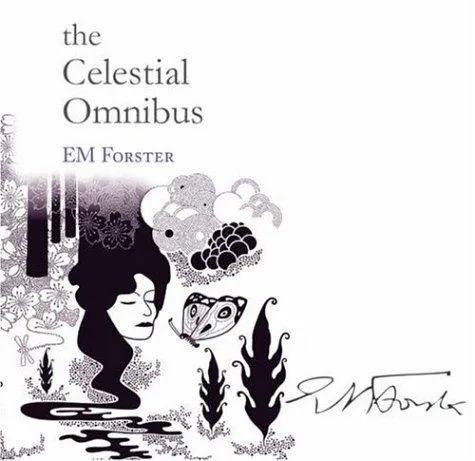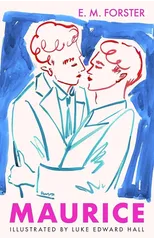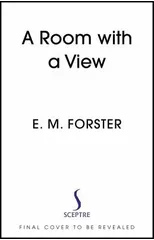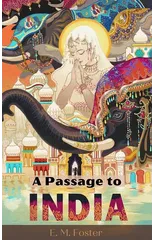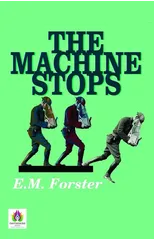It's a truth universally acknowledged that Jane Austen knew more about marriage than anyone else. (Never mind that she never got married herself...) It's in the midst of the recession when Kate, a freelance journalist and self-professed Jane Austen addict, finds herself single, unemployed and soon-to-be homeless (not to mention about to turn 40). In desperation she accepts a writing assignment to prove a theory that in the toughest economic times a wealthy man is the only must-have accessory. So, with just Jane Austen's advice for company, she sets off to see if Mr Rich can ever become Mr Right. Her mission takes her to Palm Beach, St Moritz and London. Where, in keeping company with the elite, she meets billionaires, oil tycoons, and generally men who make Mr Darcy look like an amateur. But will rubbing shoulders with men of good fortune ever actually lead her to love?
E M Forster
E. M. Forster (1879-1970) was an English novelist known for his exploration of class differences and human relationships. His most notable works include "A Room with a View," "Howards End," and "A Passage to India." Forster's writing style is characterized by its clarity, wit, and insight into the complexities of human emotions. He is credited with portraying the inner lives of his characters with sensitivity and depth. Forster's contributions to literature include his exploration of themes such as imperialism, social injustice, and the struggle for personal freedom. His most famous work, "A Passage to India," is considered a masterpiece of modernist literature and continues to be studied and celebrated for its poignant portrayal of the clash between British colonizers and Indian natives. Forster's work has had a lasting impact on the literary genre of the novel, influencing generations of writers with his thoughtful exploration of the human experience.
